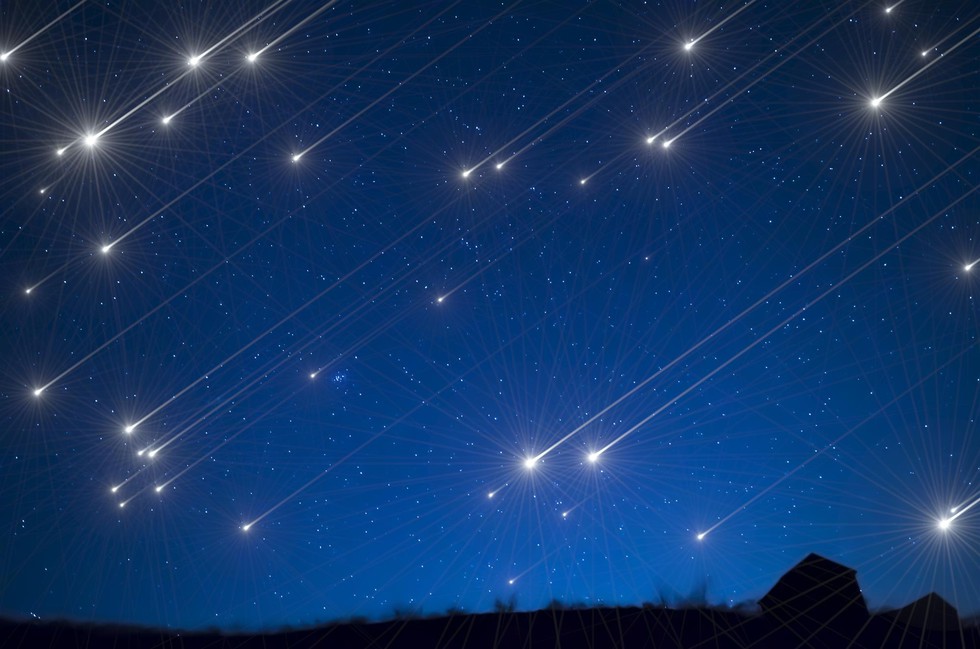About:
- A start-up based in Tokyo – ALE Co. Ltd – developed the micro-satellite for delivering the first artificial meteor shower over Hiroshima in the spring of 2020. It calls the initial experiment as a "shooting stars on demand" service.
- The microsatellite was launched on the small-size Epsilon-4 rocket that was launched from the Uchinoura space centre by the Japan Aerospace Exploration Agency (JAXA).
- Features:
- The satellite is to release tiny balls that glow brightly as they hurtle through the atmosphere, simulating a meteor shower. The satellite carries 400 tiny balls whose chemical formula has not been disclosed.
- When the satellite is in orbit, it will be programmed to eject the balls at the right location, speed and direction to put on a show for viewers on the ground.
- Each star is expected to shine for several seconds before being completely burned up -- well before they fall low enough to pose any danger to anything on Earth.
- It is possible to change the colours they glow by tinkering with the chemicals.
- The company plans to launch a second satellite on a private-sector rocket in mid-2019.
A Brief Overview of Meteor Terminology:
- Asteroids: Asteroids, also known as planetoids, are objects that orbit the sun, too small to be a dwarf planet, but large enough to get their own identity.
- Meteoroids: These are rocks, orbiting the sun, smaller than asteroids (basically, anything smaller than 10-meters). Many of them burn up in Earth’s atmosphere on entry.
- Meteors: When an asteroid/meteoroid enters Earth’s atmosphere, it becomes a meteor (also known as a shooting star). Friction from Earth’s atmosphere causes most meteors to burn up.
- Fireballs: If a meteor is ‘unusually bright’ it is known as a fireball. A fireball is caused by friction from Earth’s atmosphere – it’s just a bigger rock so it burns brighter.
- Bolides: A bolide is a fireball that explodes in mid-air.
- Meteorite: For those meteors, fireballs, bolides, or fragments there of that survive the trip through the atmosphere and impact the Earth, they become meteorites. A meteorite is basically any non-terrestrial rock that has reached earth.
